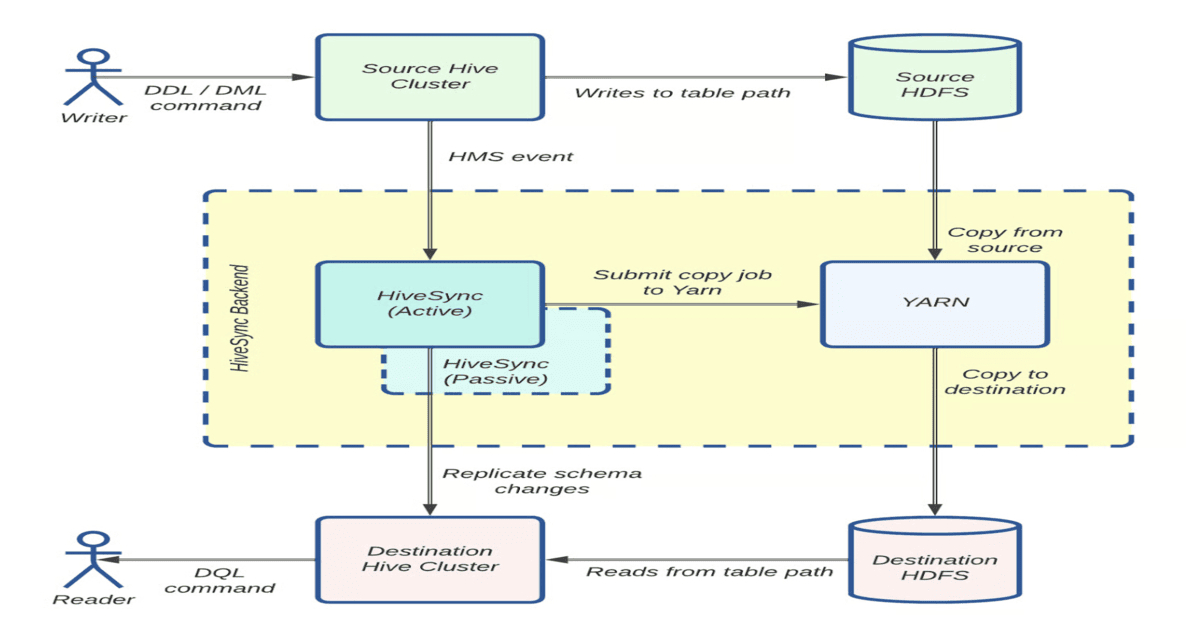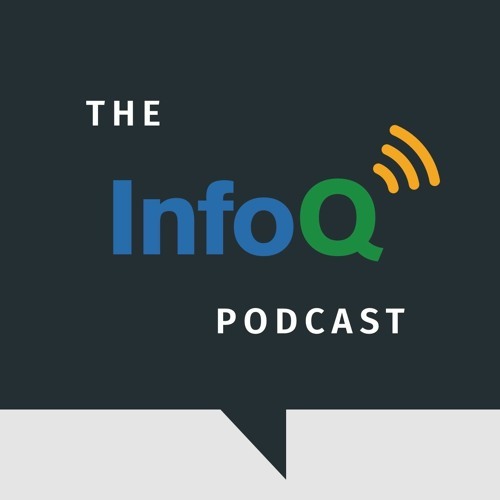Codetown
Codetown ::: a software developer's community
On Objective-C
Is Objective-C a step backwards in terms of memory management? Why does Apple use it despite advances in the language realm? I heard the other day that Java would give people some sort of unfair abilities in the App store. Not sure. But, people I know (Kevin Neelands, for one - check out his best selling Periodic Table of the Elements - free!) tell me Objective-C is agony in terms of pointer arithmetic. Thoughts?
I recently downloaded Scan, a QR-code decoder and Square, a credit card processing app from the App store. These apps are the best of the 21st century, IMHO. What are yours? Scan lets you scan a QR code (above) and it takes you directly to the embedded URL (or whatever - phone number, text, etc...) Square revolutionizes cellphone use for payment processing at less cost than PayPal. GasBuddy is a map based mashup. You'll see variations on these ideas in many apps to come.
I've used an Android phone and didn't like the GUI. Maps are clunky and maps are my favorite iPhone app. Many people tell me that, because I organize JUGs, I should be on an Android phone. I like the best available, so I go with iPhone. Even though I pay nearly $150/mo for my contract (includes one traditional phone at 800 min/mo ea).
Comment
-
Comment by Behr@ng on July 12, 2011 at 7:12am
-
I don't think Apple is intentionally using a complex language to filter out multi-platform programmers. In fact they are working hard on MacRuby to let Ruby programmers write native OS X apps. And they used to have Cocoa bindings for Java as well but it never become so popular so they stopped maintaining it.
Right now, IMHO, all popular OO compiled languages are somehow complex. And I think apart from C++, Objective-C is the only remaining popular compiled language. And IMO Objective-C is easier to learn and more flexible compared to C++.
-
Comment by RBD on July 11, 2011 at 1:51pm
-
When it comes to programming languages, 'better' is a relative term. I think Java and Objective-C are best used for specific purposes.
Objective-C is older, that is true, however it offers dynamic programming (categories, dynamic typing, forwarding) along with message passing, as well as low-level C pointers, in a compiled environment. I would say Objective-C is definitely offers more 'power to the programer' at the language-level to the programmer, at the cost of the programmer has to be more diligent in regards to memory management.
Java is more modern and removes most of pitfalls of memory management from the programmer. Java empowers the programmer via the Java API, which is quite powerful, instead of at the language-level.
If someone has just recently graduated from college, they would easily start coding with Java, since the language-level constructs are simple easy to understand and its API is very powerful.
However, that same person would have a difficult time with Objective-C since it would require vastly more low-level language-level knowledge of the constructs, to understand how to use effectively. Also add to the learning-curve, the need to learn the vast Cocoa API (Core Data, Foundation, Core Graphics, UIKit, etc)
From an engineering point of view, I think Objective-C provides more language-level control and capabilities with a steep learning curve that is not forgiving to multi-platform programmers.
I would guess that Apple will continue to use Objective-C since Apple can use its steep learning curve to filter out multi-platform programmers from the Apple ecosystem.
-
Comment by Behr@ng on July 11, 2011 at 4:25am
-
@Kevin: I think Jobs was referring to Java on the desktop and IMO he is right. How many popular desktop apps are written/being written in Java? Apart from IDEs and developer tools, there are very few popular desktop apps being written in Java.
And I don't know about that particular app of yours, but NetBeans and JDeveloper's UIs are very ugly on OS X. IDEA looks good but does not look like a native app at all and ditto for Eclipse.
-
Comment by Walt Sellers on July 11, 2011 at 3:13am
-
I'm not sure of the history, but a retain count model is at least a step up from C's alloc/free, allowing memory allocation to be controlled by the object.
Garbage collection basically frees the programmer of the work of worrying about memory at the cost of increased work for the execution environment. This has been easy trade-off in the days of fast CPU's and larger sets of RAM on desktops.
The iPhone, however, is a fairly weak device in comparison to any desktop of the last 5 years. The RAM is minuscule and the CPU power low. It is easy to overwhelm the device's resources.
Sure, the memory management may seem like a step back, but its partly because the hardware resources are also a step back... from a desktop.
As for pointer arithmetic, it is still a C-based language underneath. So it is no harder than any other C-based language.
Even for someone who was programming on a Mac OS desktop, there is enough missing in iOS to make work difficult at times.
As for language gripes in general, there are plenty of times when I wonder why I am still editing plain text files to create software? The coding environment has come along some over the years with syntax coloring and code-folding, but it still seems clunky.
-
Comment by Kevin Neelands on July 10, 2011 at 12:26pm
-
Mike has already stated my view on Objective-C - it may have been state of the art 20 years ago but I find it horribly dated and difficult to use now. At work I am working on two versions of the same program - an Objective-C version for the iPad and a Java version for laptops. I cannot see any difference in performance, to my eyes the java version using Swing is better looking that the Objective-C version using Apple's GUI widgets, and I estimate the Java development time to be 1/3 the time spent on the Objective-C version. To add to the frustrations the Java bytecode was developed with RISC architectures like the ARM in mind, and my understanding is now the ARM microprocessor has a Jazelle mode with means approximately 70% of the java bytes codes have a one-to-one correspondence with the ARM op codes so the JVM does very little interpreting. The Android development environment using a Java variant looks quite appealing and I'm trying to get more familiar with it. The main difference is layout managers are largely replaced with an XML based layout system. The other difference is they are careful to explain their Dalvik (?) system is not a JVM per se. - I gather it is more a very simple-minded system to split the few Java opcodes that don't go directly to the ARM into macros of 3-4 opcodes. (I'm speculating a bit).
When I do a web search on the question a quote by Steve Jobs always comes up in which he publicly stated that no one used Java anymore because it had become too heavy and cumbersome. I think he got C++ and Java confused, and my understanding is Mr. Jobs one fatal flaw is his refused to admit mistakes that he made.
Bottom line, if Apple would adopt a Java based development platform like Android has in addition to their Objective-C X-Code IDE it would greatly reduce the man-hours put into iPad apps.
-
Comment by Behr@ng on July 10, 2011 at 9:06am
-
Edit: Since Objective-C 2.0!
-
Comment by Behr@ng on July 10, 2011 at 9:05am
-
I know just a little bit about Objective C and Cocoa. Earlier versions of Cocoa didn't have GC. However since Objective C it's possible to turn on GC if one likes so. But as Kevin has said, it is not as powerful as Java's GC.
However in GC-less mode, Cocoa objects has a couple of methods named retain and release that make memory management more straightforward.
The problem with Java is that it's not a good platform for developing desktops apps in while it probably is the most powerful server-side platform. Desktop Java apps are memory hungry, don't look as beautiful as native apps, and are slow. They don't sell well.
My favorite iOS apps: Things, Kindle, iBooks, Twitterific, River of News, Evernote, Evernote Peek, Instapaper, Dropbox, and 1Password! :D
Notes
Welcome to Codetown!
 Codetown is a social network. It's got blogs, forums, groups, personal pages and more! You might think of Codetown as a funky camper van with lots of compartments for your stuff and a great multimedia system, too! Best of all, Codetown has room for all of your friends.
Codetown is a social network. It's got blogs, forums, groups, personal pages and more! You might think of Codetown as a funky camper van with lots of compartments for your stuff and a great multimedia system, too! Best of all, Codetown has room for all of your friends.
Created by Michael Levin Dec 18, 2008 at 6:56pm. Last updated by Michael Levin May 4, 2018.
Looking for Jobs or Staff?
Check out the Codetown Jobs group.
InfoQ Reading List
Google Enhances Node Pool Auto-Creation Speed for GKE Clusters

Google Cloud has optimised GKE's node pool auto-creation, significantly cutting "Time to Ready" for massive clusters. By improving control plane communication and request batching, GKE now provisions resources faster, rivalling tools like Karpenter. The update enhances scaling reliability and stability for high-volume AI and batch workloads, automatically rolling out across supported versions.
By Mark SilvesterGitHub's Points to a More Global, AI-Challenged Open Source Ecosystem in 2026

GitHub has released its yearly look at open-source trends. They used data from the Octoverse 2025 report to help the open-source community get ready for the coming year. The picture that emerges is one of extraordinary scale and the structural strains that come with it.
By Claudio MasoloHybrid Cloud Data at Uber: How Engineers Solved Extreme-Scale Replication Challenges

Uber’s HiveSync team optimized Hadoop Distcp to handle multi-petabyte replication across hybrid cloud and on-premise data lakes. Enhancements include task parallelization, Uber jobs for small transfers, and improved observability, enabling 5x replication capacity and seamless on-premise-to-cloud migration.
By Leela KumiliOpenAI Codex-Spark Achieves Ultra-Fast Coding Speeds on Cerebras Hardware

In a major shift in its hardware strategy, OpenAI launched GPT-5.3-Codex-Spark, its first production AI model deployed on Cerebras wafer-scale chips rather than traditional Nvidia GPUs. The new model offers delivers improved throughput and low-latency, enabling a real-time, interactive coding experience, says the company.
By Sergio De SimonePodcast: [Video Podcast] Frictionless DevEx with Nicole Forsgren

In this episode, Thomas Betts talks with Dr. Nicole Forsgren, the author of Accelerate and one of the most prominent and important minds in DevOps and developer productivity. The conversation is about identifying and removing developer friction, the subject of her new book, Frictionless.
By Nicole Forsgren
© 2026 Created by Michael Levin.
Powered by
![]()
You need to be a member of Codetown to add comments!
Join Codetown